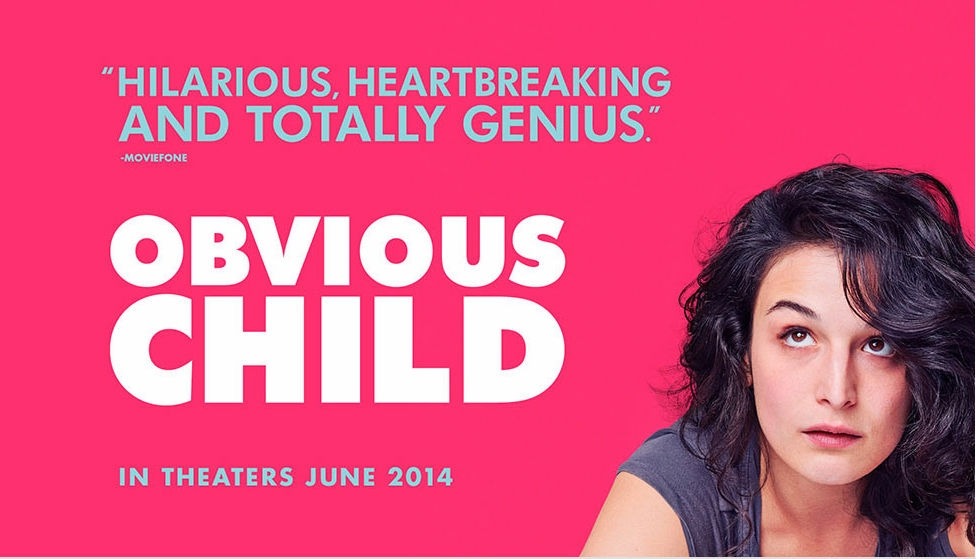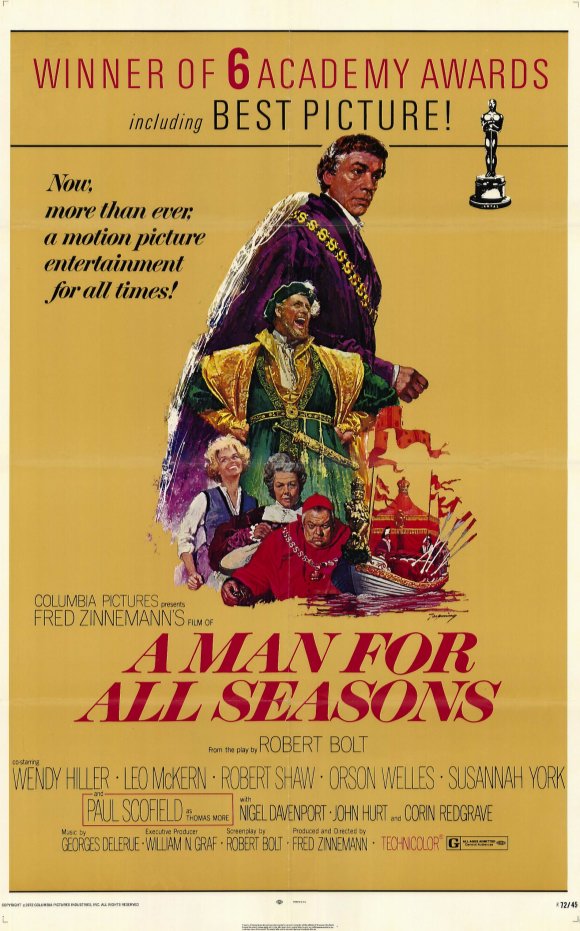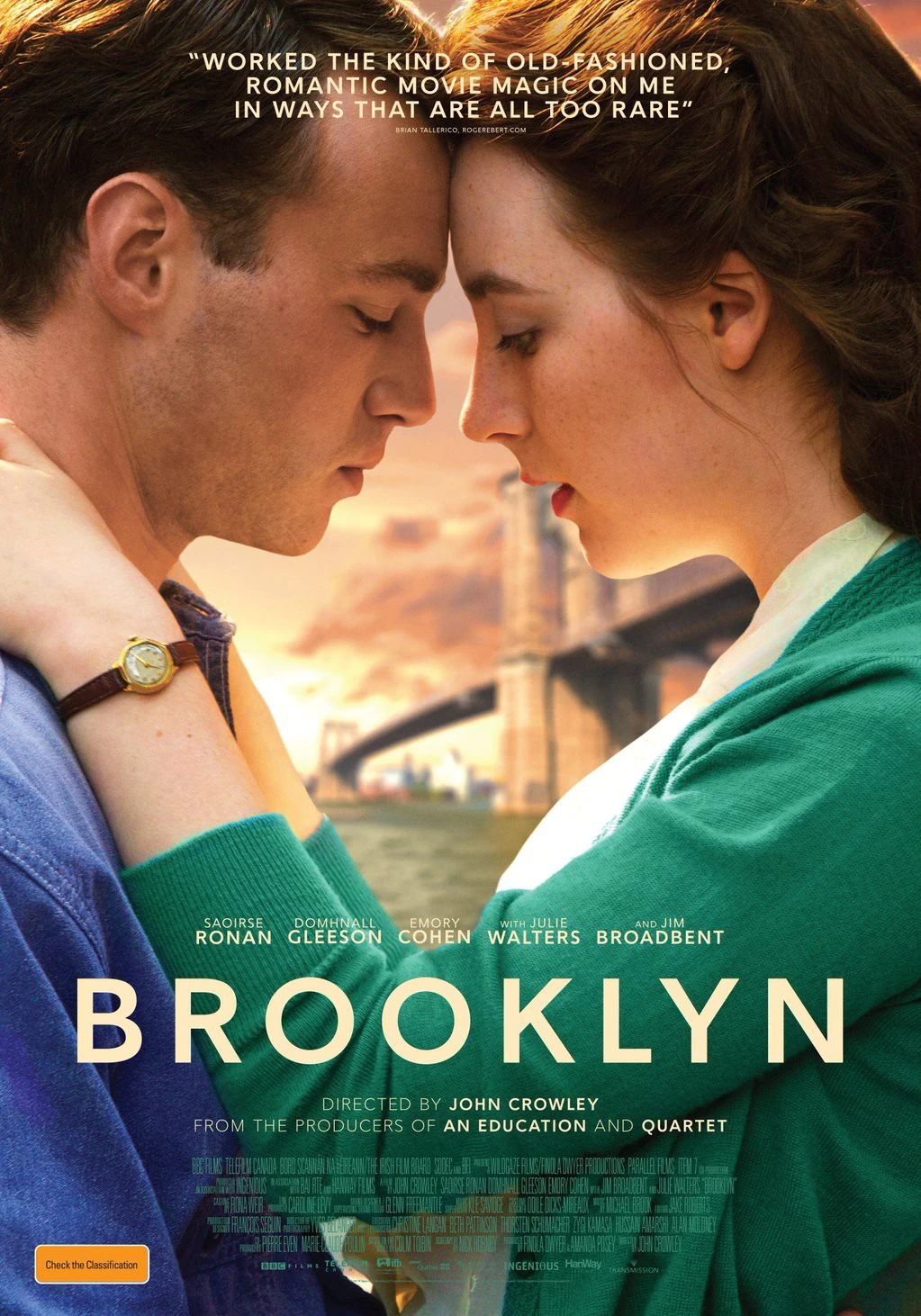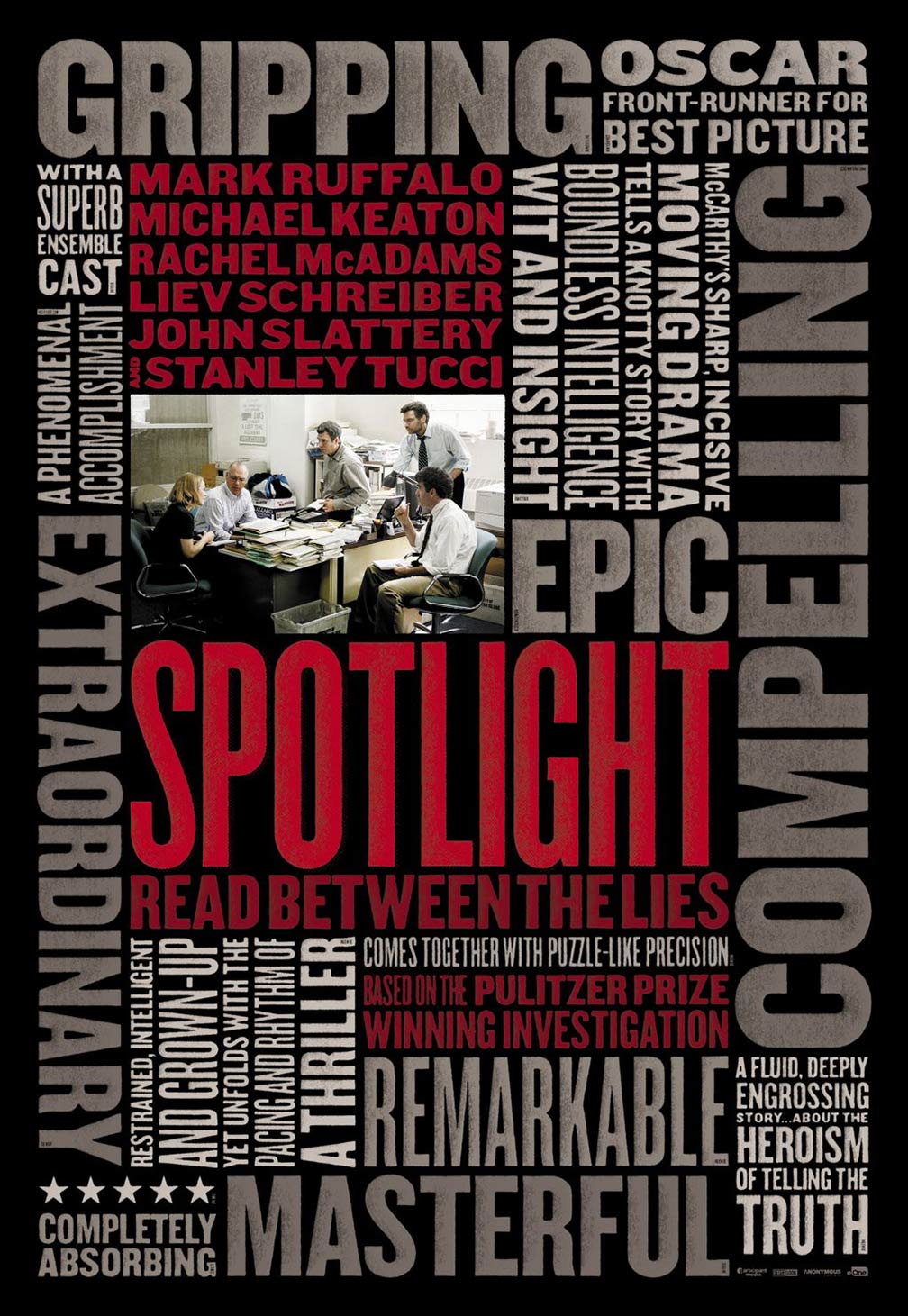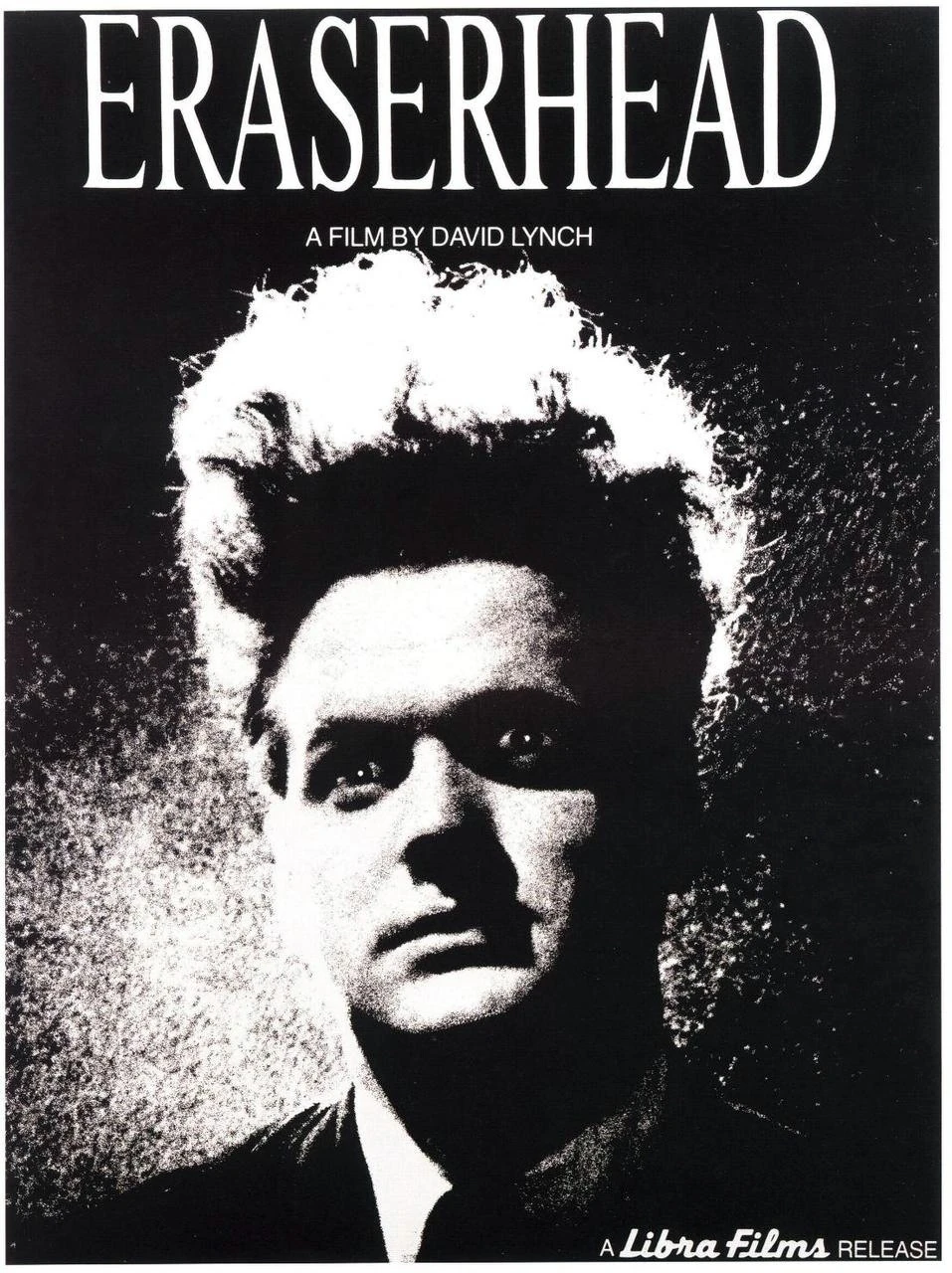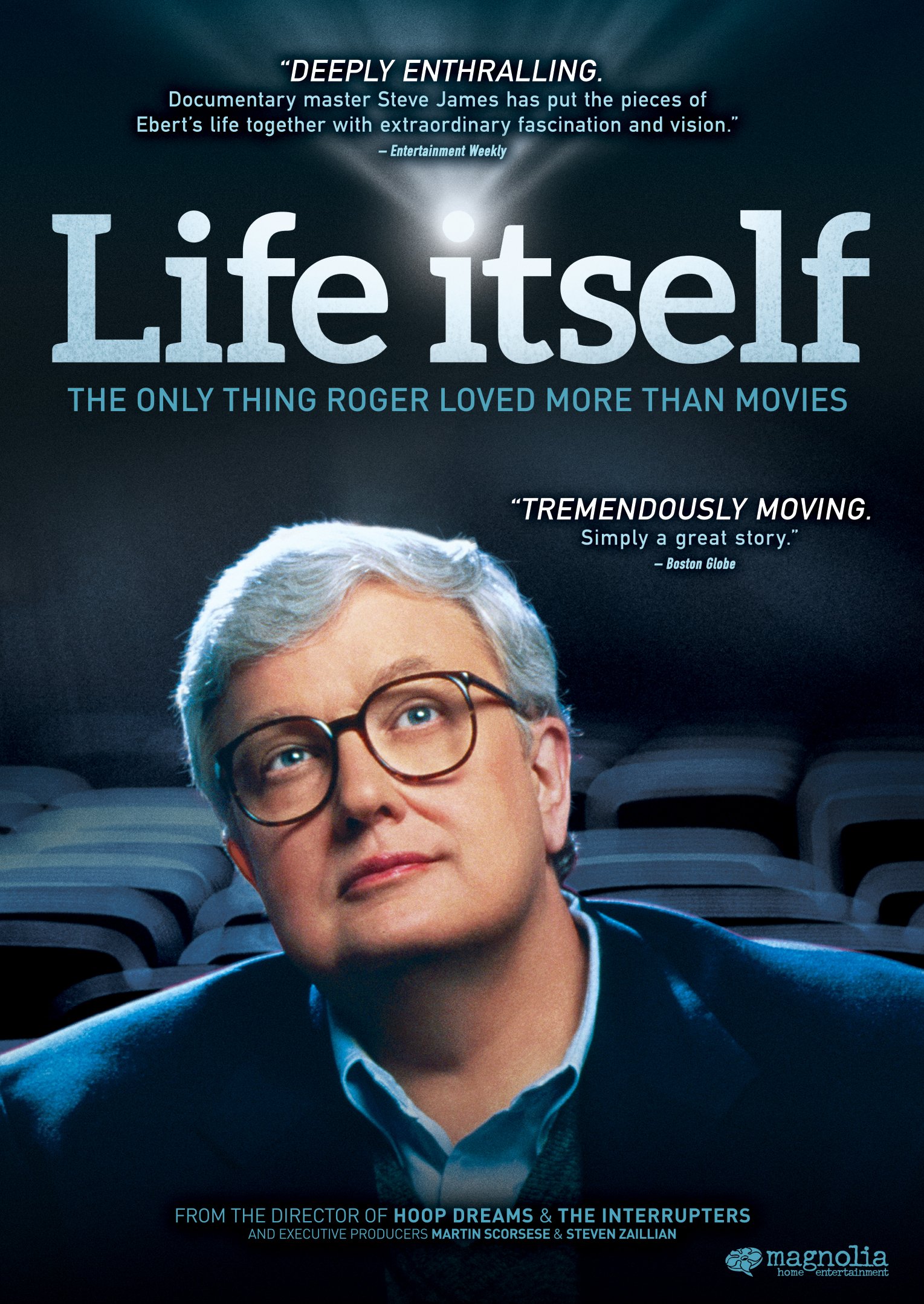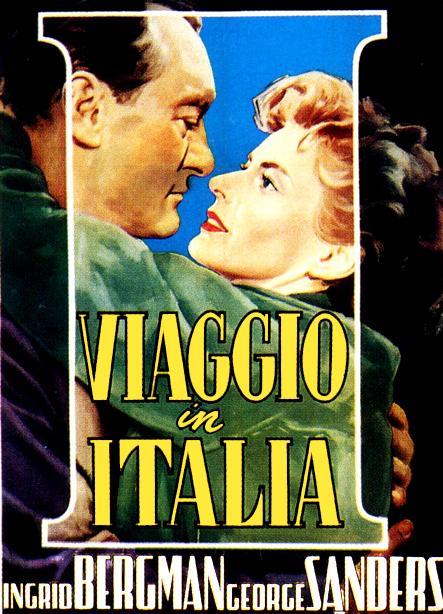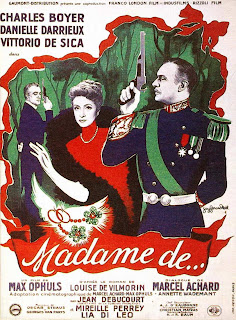
Director: Wim Wenders
Wenders injects his films with a huge amount of compassion. He appears to pass no judgement on his characters, looking at them as creatures who behave in ways that lead to unhappiness in themselves and their loved ones, yet ultimately have inherent goodness. We don't know exactly what Travis Henderson has done, where he has been or where he is going, but Wenders draws us in to care about his situation.
I did not know what I was going to get with Paris, Texas and know I shall revisit it in the future. It has been compared to The Searchers, particularly the ending, and the opening setting, where a man seems to appear out of the landscape of Texas. The cinematography is beautiful throughout, from the wide shots of the desert that almost swallows Travis' figure, to the intimate faux domestic settings of Travis and Jane's meetings. The performances are all lovely, especially Hunter (Carson), Travis' son. The development of their relationship is wonderfully understated, the moment of connection captured in a exchange of smiles.
Though it did not capture me in the way Wings of Desire did (though few films have) I am really loving the way Wenders approaches film. The care and love of the characters for each other is matched by the care and love Wenders brings to the project. Would be wonderful to see on the big screen.



